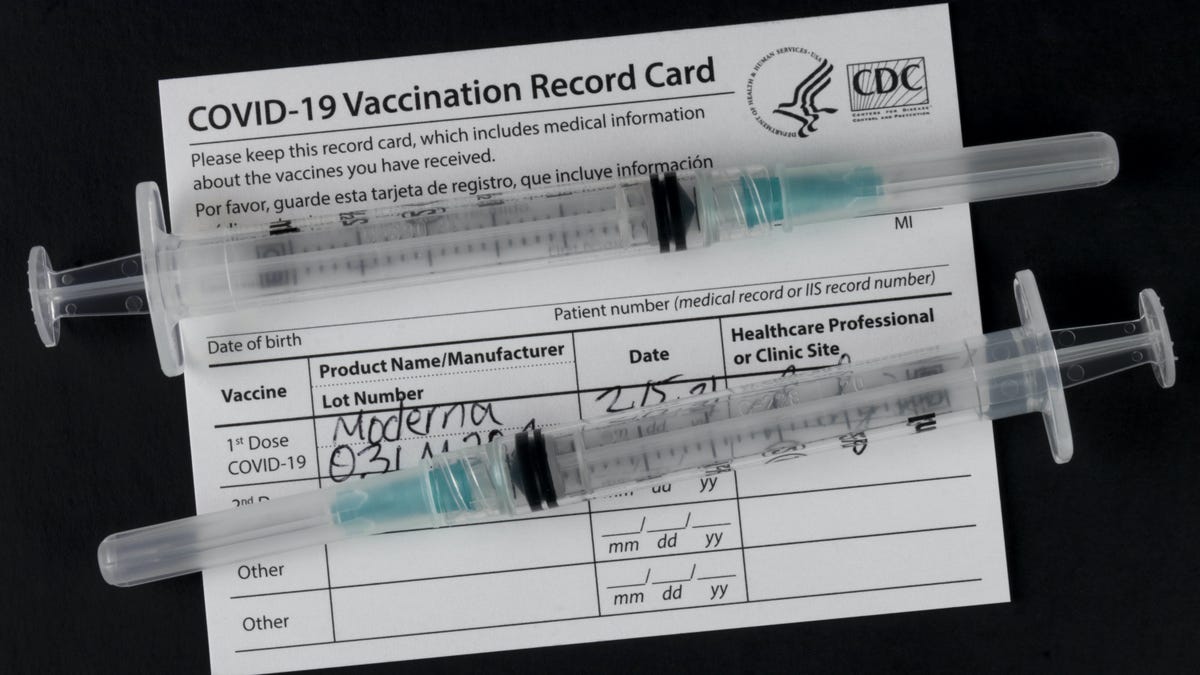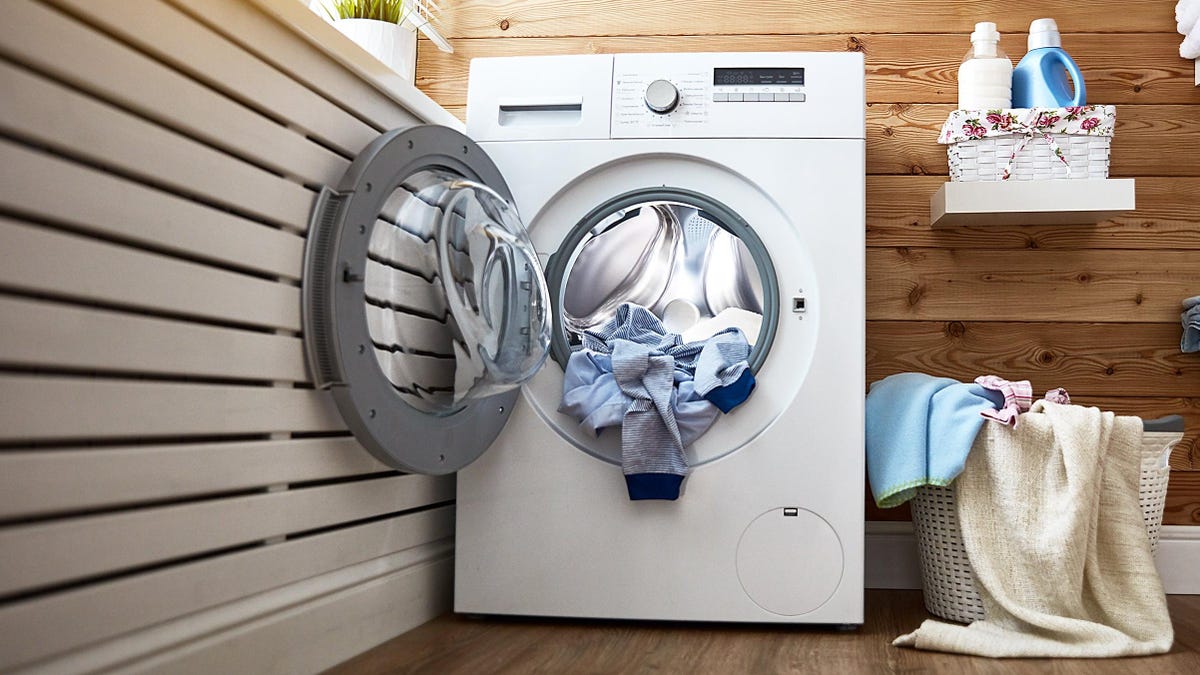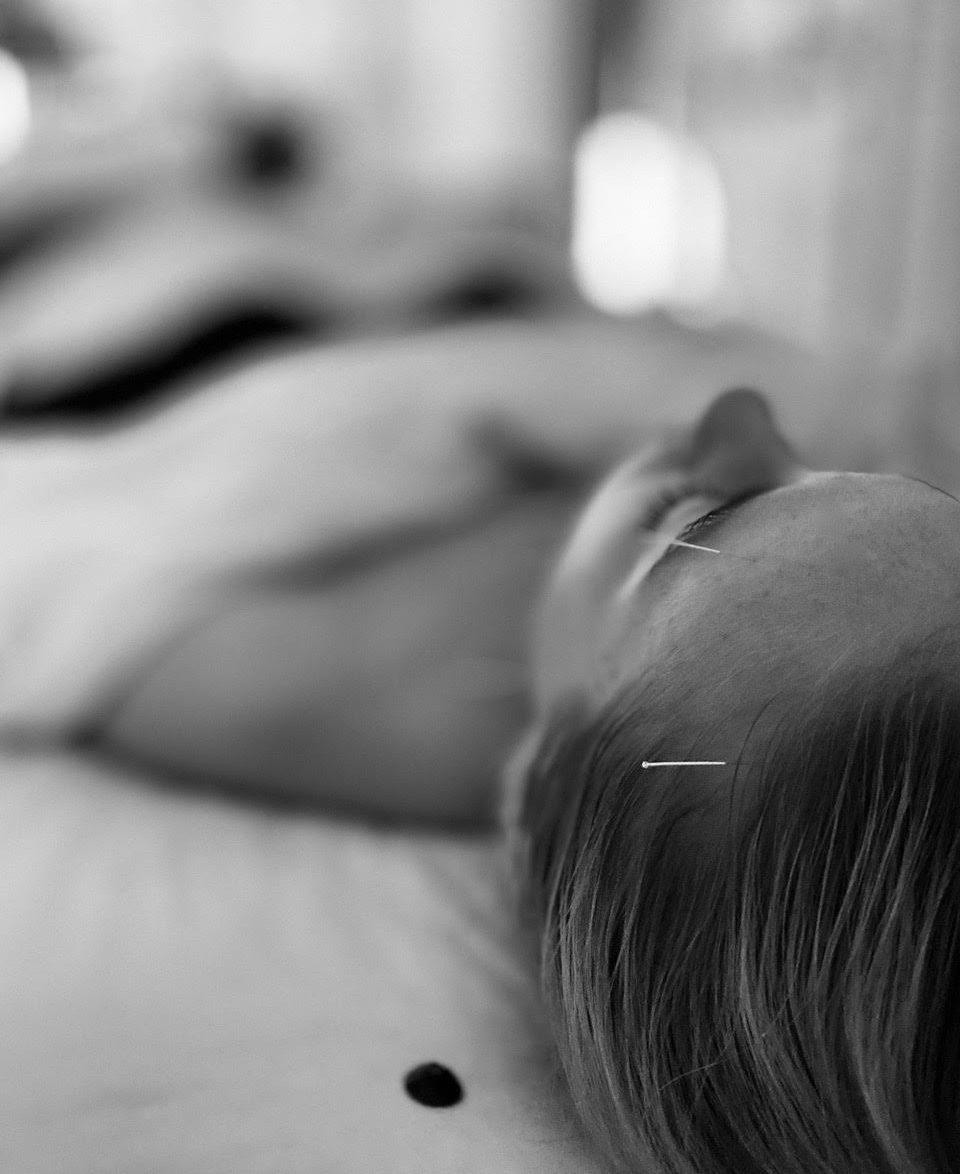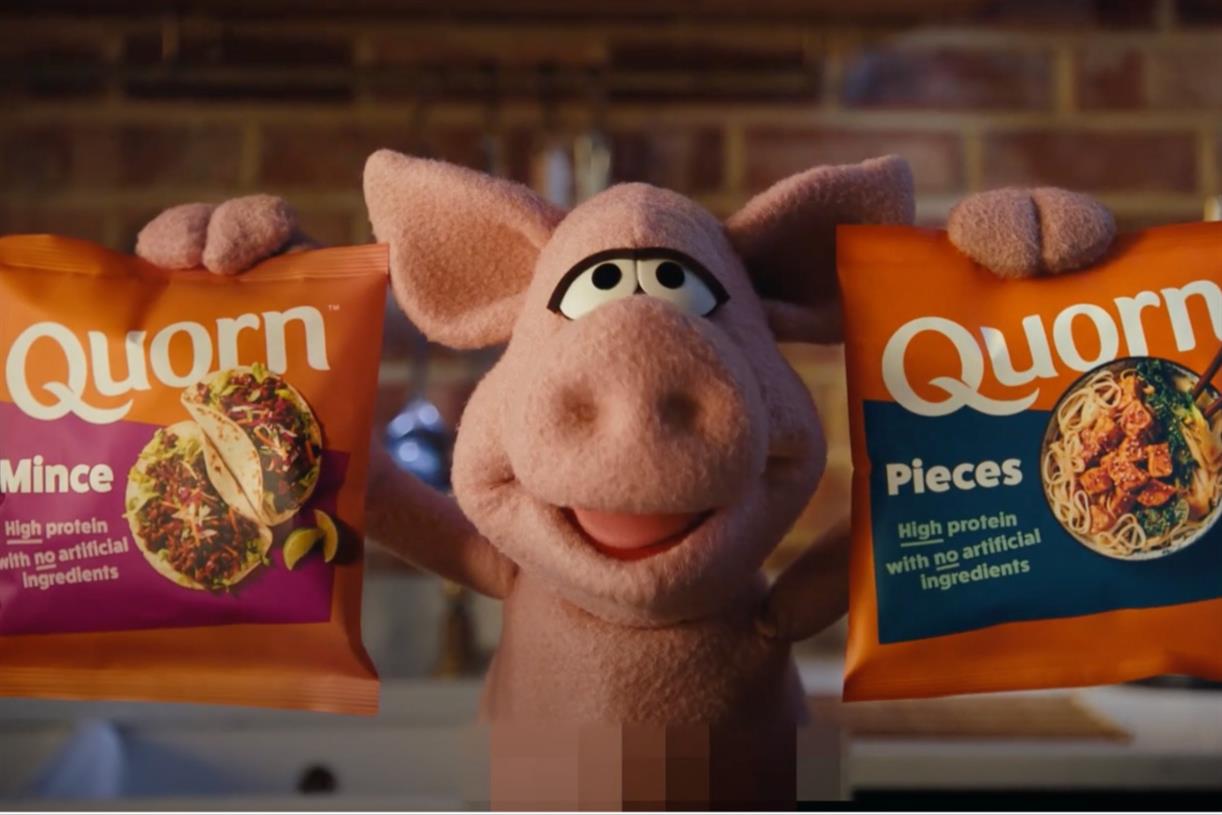What to Do If You Lose Your Vaccine Card
While debates rage about whether we need national or state “vaccine passports,” the truth is that we already have one, and it’s a little piece of paper with some numbers and your name scrawled on it. These cards, originally...


While debates rage about whether we need national or state “vaccine passports,” the truth is that we already have one, and it’s a little piece of paper with some numbers and your name scrawled on it. These cards, originally intended as a convenient reminder for personal use, are increasingly being used as proof of vaccination.
For example, Drexel University is one of the many colleges requiring proof of vaccination to enroll for the fall 2021 semester. Their website states: “you will be able to upload your proof of vaccination (usually a card you receive at the time you get vaccinated) through the Drexel Health Checker app.” It’s likely that the cards will also be accepted by workplaces, conferences, and possibly even for travel.
If it seems strange that companies’ and institutions’ vaccination policies would hinge on an easily-forged handwritten card, well, it is. Normally, proof of vaccination takes the form of a letter from a healthcare provider, as with the vaccine forms that pediatricians routinely provide to parents signing kids up for school. But these cards are the stopgap that we have for now, especially since many of us got our vaccines at a clinic or pharmacy that we wouldn’t normally go to.
Before you lose your card
Okay, you have your vaccine card, but you’re worried that you might lose it someday. Let’s look at what you can do now.
G/O Media may get a commission
First, take a photo of the card, or make a paper copy that you can keep in a safe place. This way you have a record of the information on the card, most importantly the name of the clinic or health system where you got the vaccine.
Next, make sure you have the full contact information for the place where you got the vaccine. (If you got your vaccine at a pop-up clinic, make sure you know who organized it, such as a local hospital.) This is because the provider keeps their own records of vaccinations. In other words, your card is not the only record out there; it’s one of, at minimum, two.
While you have your card safely in hand, look up the policies at any place you expect to ask you for proof of vaccination. Many are using digital apps, so that you provide your card once and then have the app for day-to-day use. New York’s Excelsior Pass is one such app; some institutions, workplaces, and airlines may also have their own apps soon if they don’t already. Enter your proof of vaccination as soon as you’re able, so that you won’t be scrambling for a card at the last minute.
Also, consider bringing the card (or a copy of it) to your next doctor’s appointment. That way, your doctor can enter the vaccine into their records, too.
If you need a new card
If you lose your card, contact the provider who gave you the shot. Since they keep their own records, they should be able to send you a document with information about when and with which shot you were vaccinated.
If you know that another provider has records of your vaccine—like if you brought the card to a checkup as suggested above—you can ask them instead of the original provider.
Your state health department may also be able to help you find proof of your vaccination, if you can’t remember where you got it. The CDC does not keep records itself, but it does have a list of state immunization registries that you can contact. Some are only available to providers, so it’s not always a simple job to look up your vaccine. And be warned: some states don’t have a registry or don’t require providers to enter all vaccines into it.
Should I laminate the card?
After Staples and Office Depot announced that they will laminate vaccine cards for free, some experts started recommending that people not laminate their cards, in case they need to add entries to them later. (For example, if we end up needing booster shots next year.)
That said, if you do laminate your card, you won’t necessarily run into problems getting that booster shot; you just might need to keep track of two cards. We recommend inserting your card into a badge holder instead, which will protect it from creases and spills while still allowing you to remove it to write on it later if needed. You shouldn’t need to carry the card around, so keep it in a safe place at home.

 Troov
Troov 
























![Maximize Your AI Visibility Before Your Competitors Do [Webinar] via @sejournal, @lorenbaker](https://www.searchenginejournal.com/wp-content/uploads/2025/09/3-1-698.png)







